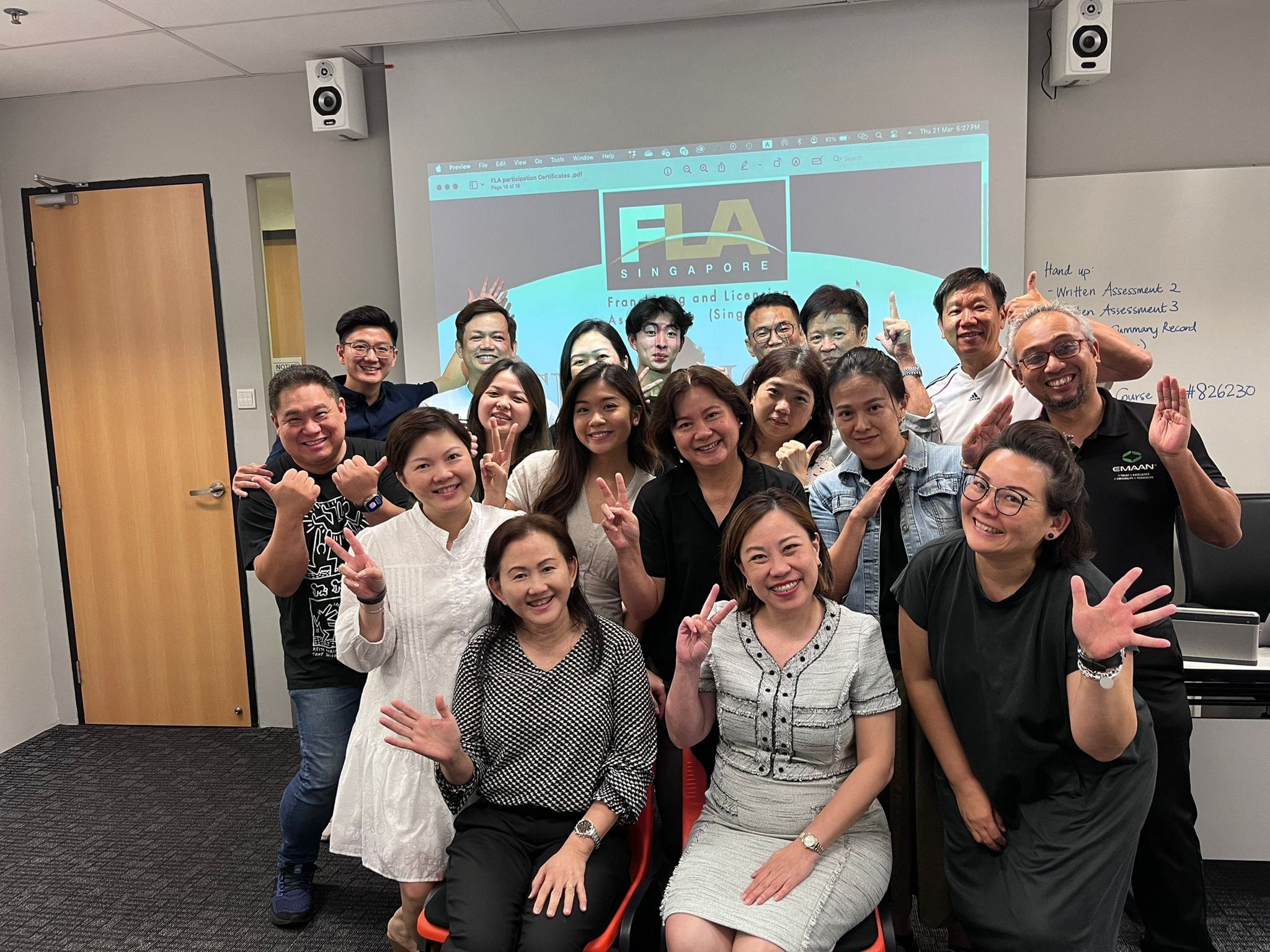Value-Adding Services: What Makes A Franchise Stand Out?
Franchise businesses are a highly accessible and profitable form of enterprise that comes with all the support, equipment, and training entrepreneurs would need. That said, the popularity of this market means those who enter it must be prepared to face tough competition. Hence, while expanding your business through franchising may sound like an advantage, one of the biggest challenges business owners must overcome is to make their franchised establishment stand out from the rest through any means possible.
Offering value-added services is one of the many effective strategies that contribute greatly toward this goal with their capacity to enhance the customer experience and provide additional benefits beyond the core product or service. In doing so, franchises reap all kinds of benefits ranging from fostering stronger customer loyalty to attracting new clients and much more.
What is a value-added service (VAS)?
A value-added service is an additional feature or offering that goes beyond the main product or service, generally without adding to its cost. In other words, it can be anything extra that enhances customer experience and satisfaction by making their life easier or better. These services can be big or small, tangible or intangible, such as free gift-wrapping services, loyalty programmes, or order-tracking features. A few key advantages of VAS include:
- Gain a competitive edge by providing customers more value for their purchase or offering something unique that the competition does not have.
- Increases the product or service’s perceived value, which encourages customers to pay a more premium price or buy more of your offerings and ultimately generate more revenue.
- Show your target audience that you keep up with the times by consistently delivering innovative ways to do things.
More importantly, VAS is an essential component of a successful customer relationship management strategy since it fosters long-term relationships and trust between top franchises in Singapore and customers when done right. As a result, the latter are more likely to recommend the business to their peers and continue making repeat purchases.
Common examples of VAS
Offering loyalty/membership programmes
Exclusive loyalty or membership programmes are one of the most popular ways modern businesses can add value to their offerings, which typically come in the form of special discounts, early access to new releases, and other exclusive benefits. For instance, retail franchises typically reward frequent member shoppers with points that can be used to redeem products for free or get handy discounts. Such programmes not only incentivise customers to continue supporting the business but also give them a sense of exclusivity and belonging.
Improving convenience by leveraging technology
It has become a common practice for organisations to stay on top of the latest technologies and seek ways to use them to improve their customer’s experience. A prevalent example of this among top fast-food franchises is developing websites and mobile apps that allow customers to place their orders online easily. Of course, these can offer plenty of other possibilities, such as appointment scheduling and providing a customer resources portal where users can access exclusive content or simply view the service menu.
Offering customisation and personalisation options
Businesses today strive to be approachable to their target audience and thus rely on authenticity to draw in more customers. Customisation and personalisation are tried and true ways of achieving this goal, and they can be implemented in a variety of ways. For instance, members who sign up for loyalty programmes could get personalised tips based on their purchase history or great discounts on their birthdays. Even something as simple as greeting them by name already counts as personalised service.
Another great idea that many fast-food franchises are doing is letting customers choose a ‘build-your-own’ meal option, providing them full control over creating a meal that suits their tastes. Similarly, a clothing franchise could offer custom tailoring services that guarantee every purchase made perfectly fits the customer. All in all, offering these value-added services lets franchises better cater to the unique needs of their target demographic.
Partnering with local businesses
Collaborating with local businesses can also add value and create a sense of community. For example, a fitness centre franchise could partner with a local health food store to offer members discounts on healthy products. Similarly, a pet care franchise could collaborate with a local veterinarian to provide joint promotions and services. These partnerships not only enhance the value proposition for customers but also strengthen the franchise’s ties to the local community.
Conclusion

Offering value-added services is a powerful strategy for franchises to differentiate themselves in their competitive markets. By enhancing the customer experience in all sorts of ways, be it through membership programmes, customisation options, or other means, franchises create a more unique and compelling value proposition that helps them stand out from the crowd. These efforts not only attract new customers but also foster loyalty and long-term relationships, ultimately driving the success and growth of the franchise. To effectively incorporate value-adding strategies into your franchise model, consider the specialised courses offered by the Franchising and Licensing Association (Singapore). Whether you're a seasoned franchisor or a new franchisee, these courses provide the insights and tools needed to elevate your franchise's value proposition. Sign up now and learn how to make your franchise truly stand out.

